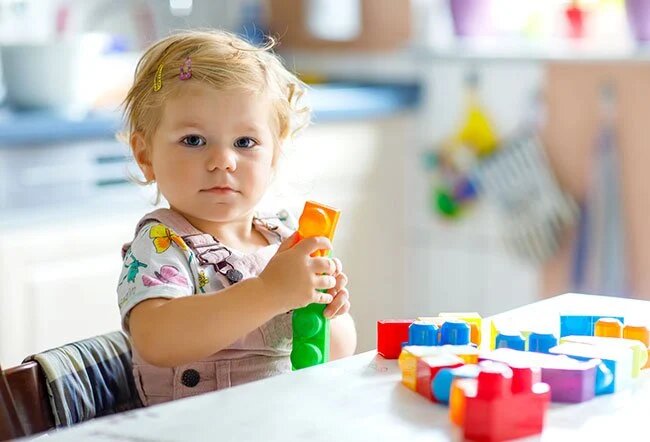A Quick Guide
Each child is unique and can have their own time for reaching their developmental milestones. Some children are faster at learning little things than others. While temporary delays are no cause for concern if your child has a continuous delay in their development, that can turn out to be a problem. As an adult, it is important for you to distinguish why your child may be lagging behind. Early intervention and treatment can go a long way in helping your child overcome any developmental delay and manage their learning disability.
What is considered a developmental delay?
If a child is slower in developing their physical, social, emotional, or communication skills according to their developmental milestones, then it is characterized as a developmental delay.
Developmental delays affect how a child feels emotions, thinks, behaves, and communicate with other. These delays can either be short-term or an initial symptom of a long-term problem. It can signify some underlying medical conditions such as:
- Autism Spectrum Disorder
- Cerebral Palsy
- Fetal Alcohol Spectrum Disorder
How is a developmental delay and learning disability linked?
Developmental delays are different from other learning disabilities. So it is possible that early intervention can be quite beneficial.
But then what exactly are learning disabilities?
Learning disabilities are neurological variations in how information is processed that can dramatically reduce a person’s capacity to learn in a certain skill area.
In other words, these illnesses are caused by actual variations in the way the brain perceives, interprets, and utilizes information. While everyone has a different learning style, those who have learning disabilities experience serious issues that last their entire life.
Learning disabilities have no “cure.” Though there are special education programs that can help a person cope with these disorders.
According to the Centres for Disease Control and Prevention, around 1 in 6 children in the US suffer from some sort of developmental delay and disability. It is important to understand why they occur so that they can either be prevented or managed.
Causes of a developmental delay
Some developmental delays and disabilities result due to exposure to some risk factors such as infections, or other complications during the prenatal period.
By getting the proper prenatal health care and making the correct prenatal lifestyle choices. You can significantly reduce the risk of these developmental delays. Other causes of these delays can be genetic such as Down Syndrome.
Your child may recover from short-term delays on their own but long-term developmental delays may be called developmental disabilities.
Some Signs to identify
If you notice that over the span of several months, your child is not developing their social, language, or motor skills at the same rate as other children of the same age, then that’s a sign of a developmental delay.
Watch: [Early signs of a Learning Disability or Learning Disorder]
Types of developmental delays
Some of the types of developmental delays include the following:
- Cognitive Skills: These refer to the intellectual ability of a child.
- Communication Skills: It refers to the ability to comprehend words or to use speech.
- Social/Emotional Skills: This is the ability to understand the emotions of others and to interact with them accordingly.
- Behavior: It refers to whether a child’s behavior is appropriate or not according to their age.
- Fine & Gross Motor Skills: Fine motor skills refer to small muscle movements eg, writing, holding objects, etc. Whereas, gross motor skills refer to large muscle movements such as walking, running climbing, etc.
If you have any concerns about the developmental growth of your child, you should get them evaluated by professionals. There are many treatments available and the sooner it starts, the better it is for your child’s development.
We hope you found this article helpful in understanding more about what developmental delay and learning disability is and the link between them. Learn more about Speech And Language Delay In Children
References



 Healing Your Inner Child: A Short Guide
Healing Your Inner Child: A Short Guide  What You Need to Know About Trauma & its effects
What You Need to Know About Trauma & its effects  Dealing with a Narcissistic Parent: Strategies and Support
Dealing with a Narcissistic Parent: Strategies and Support  Understanding the MBTI Personality Types
Understanding the MBTI Personality Types  Understanding the Big Five Personality Traits
Understanding the Big Five Personality Traits  Body Image: what it entails and how it affects you
Body Image: what it entails and how it affects you